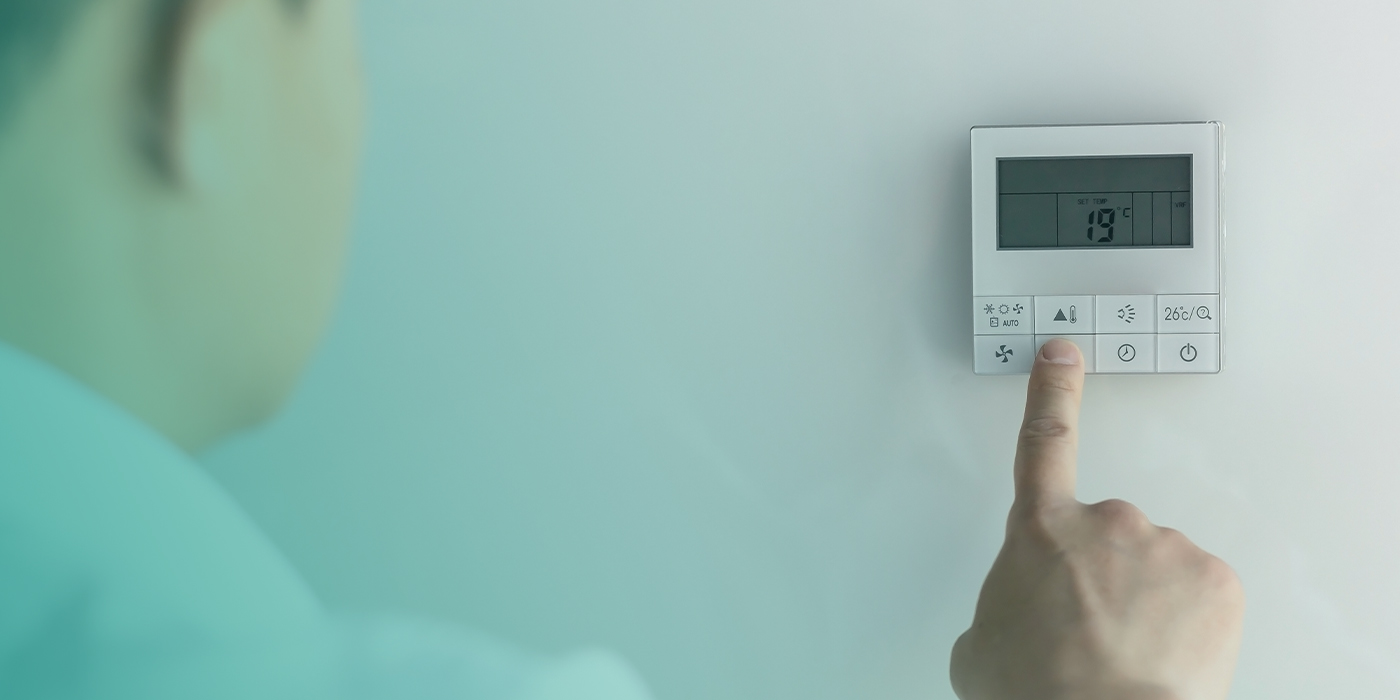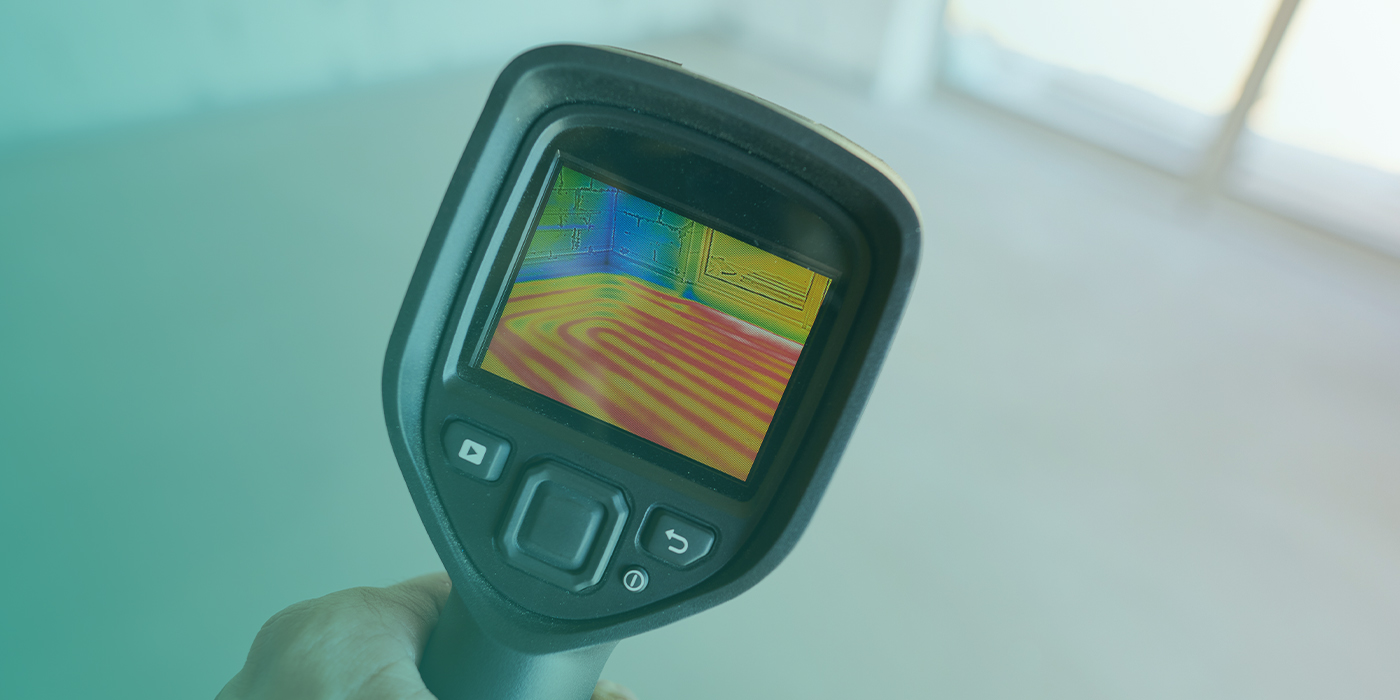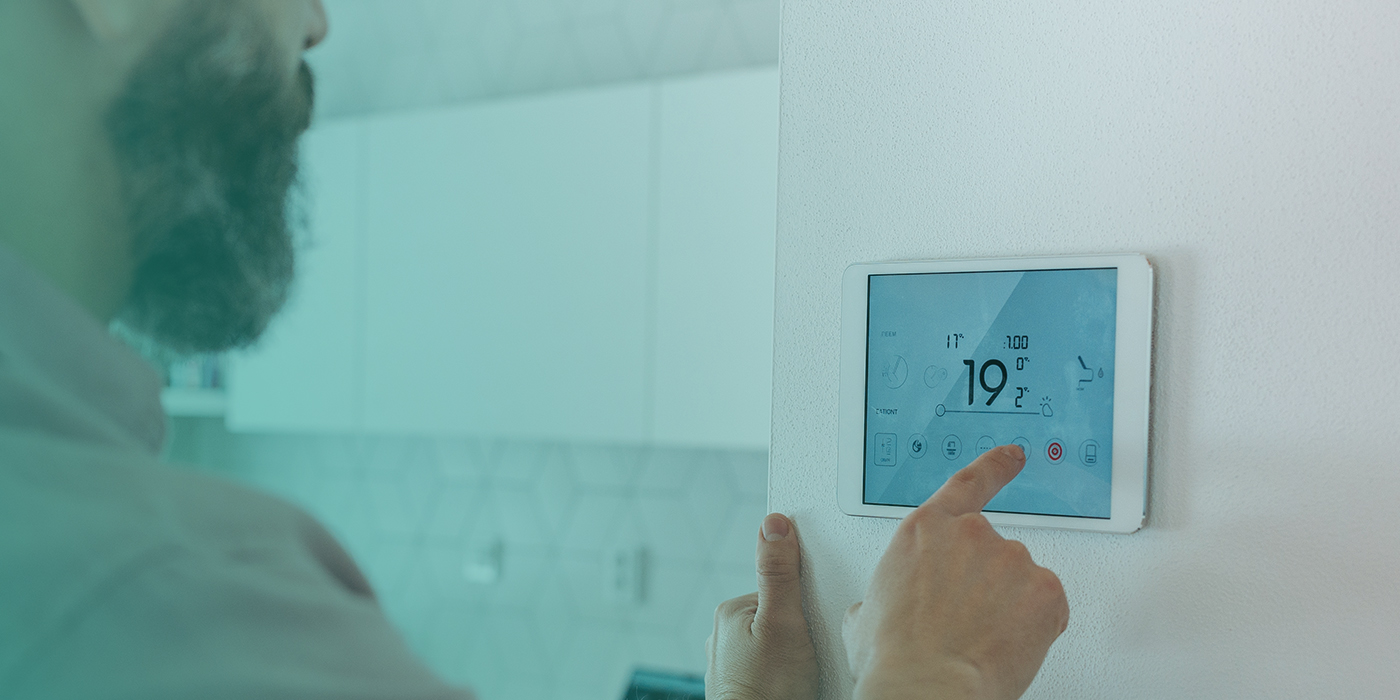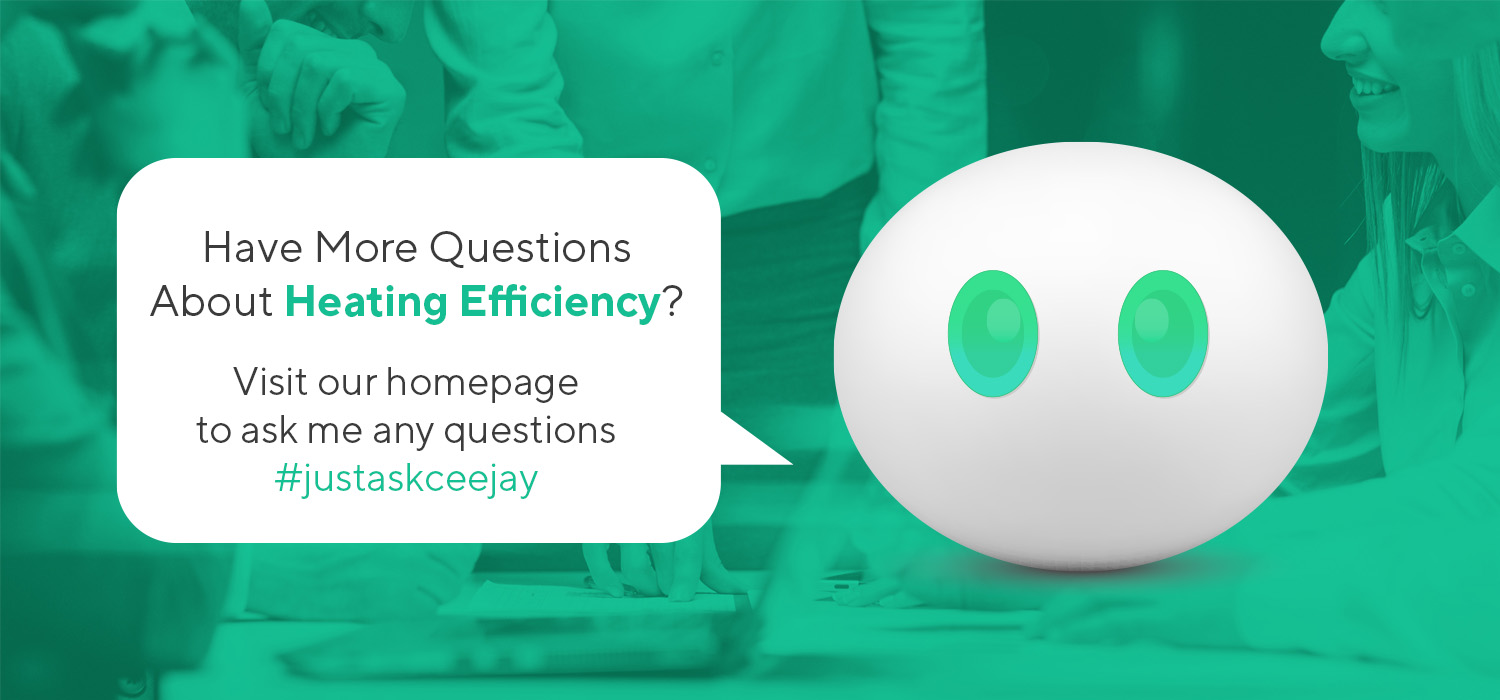As businesses in the UK focus on reducing carbon emissions and cutting energy costs, the move towards green heating technologies is gaining momentum. For real estate owners, landlords, and corporate tenants, there’s a growing need to adopt smart heating systems that are both energy-efficient and sustainable. While heat pumps and other green technologies offer significant potential, the path to making them cost-effective requires careful planning and strategic investment.
This insight piece explores practical steps that businesses can take to improve energy efficiency, from addressing thermal inefficiencies to adopting smart heating technologies, and highlights why the return on investment (ROI) for these solutions is becoming increasingly attractive.

Quick Wins to Boost Energy Efficiency
For businesses looking to improve energy efficiency without making substantial upfront investments, several quick, easy solutions can offer immediate benefits. Lowering room temperatures by just a couple of degrees during the winter months can result in significant savings. For example, reducing the temperature from 21°C to 19°C can make a considerable difference in heating bills without compromising comfort.
Additionally, ensuring that heating is only applied in spaces that are in use can prevent unnecessary energy waste. Installing energy monitors allows businesses to track heating patterns, revealing areas where energy is being wasted. These insights can be used to optimise heating schedules, ensuring efficient energy use throughout the day.

Identifying and Addressing Thermal Holes
A key challenge to achieving energy efficiency is tackling “thermal holes” – areas where heat is lost due to poor insulation or structural gaps. Conducting a thermal imaging survey is an effective way to identify these problem areas, such as walls, roofs, or windows where heat may be escaping.
By addressing these thermal inefficiencies, businesses can significantly reduce energy demand. For property owners and landlords, ensuring proper insulation before implementing more advanced technologies like heat pumps will ensure that the benefits of green heating are maximised.

Smart Heating Controls: Precision and Efficiency
Once thermal inefficiencies are addressed, adopting smart heating controls is the next logical step in optimising energy use. Smart heating systems, such as intelligent thermostats, allow businesses to adjust heating based on occupancy levels, specific zones, and schedules. For instance, in office buildings where occupancy fluctuates throughout the day, smart controls can reduce heating in unoccupied areas, ensuring that only necessary spaces are heated.
Incorporating these technologies offers better control over heating consumption and allows businesses to analyse real-time data on energy usage. These insights can help identify patterns, inform future investments, and create more efficient heating strategies.

Reducing the ROI for Green Heat Solutions
While the upfront costs of green heating technologies such as heat pumps can seem high, their return on investment (ROI) is becoming more achievable. Rising energy costs mean the payback period for installing heat pumps and other technologies is shorter than ever.
By conducting energy audits and using new tools to model various heating scenarios, businesses can assess how interventions like heat pumps could impact energy and carbon savings. These tools provide valuable projections, allowing businesses to make informed decisions about investing in clean heat technologies and presenting a clear business case to stakeholders.

A Holistic Approach to Green Heating
Switching to green heating solutions is about more than just installing new technology; businesses must adopt a holistic approach to optimise their energy use. This includes not only upgrading heating systems but also addressing broader infrastructure improvements, such as insulation and electrical upgrades, to ensure that new systems work effectively.
Additionally, engaging employees in energy-efficient behaviours is crucial to ensure that green investments pay off. Whether encouraging staff to switch off equipment or optimise heating in unused spaces, small changes can have a big impact on overall energy consumption.

Partner with Inteb for Smart Heating Solutions
At Inteb, we are committed to helping businesses transition to more sustainable heating solutions. Whether you’re looking to upgrade your existing systems or implement green technologies like heat pumps, our team of experts can guide you through every step of the process.
From conducting energy audits to advising on smart heating systems, we provide the support and expertise you need to optimise your energy use. Contact Inteb today to learn how we can help you modernise your heating systems, reduce costs, and achieve your sustainability goals. Together, we can drive your business towards a more energy-efficient future.